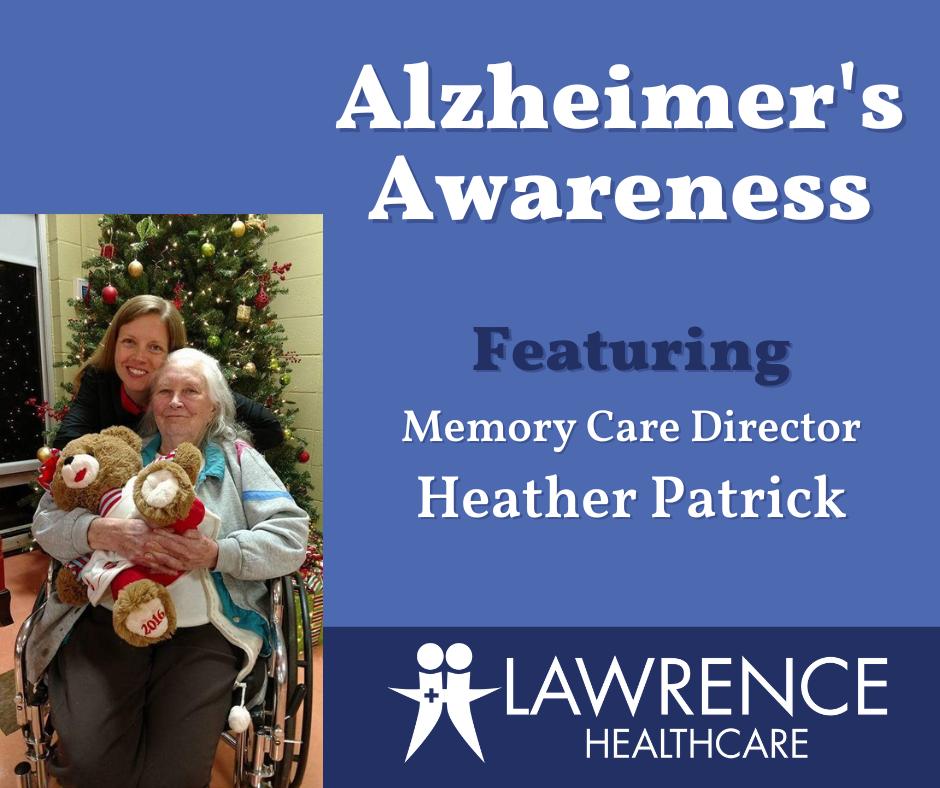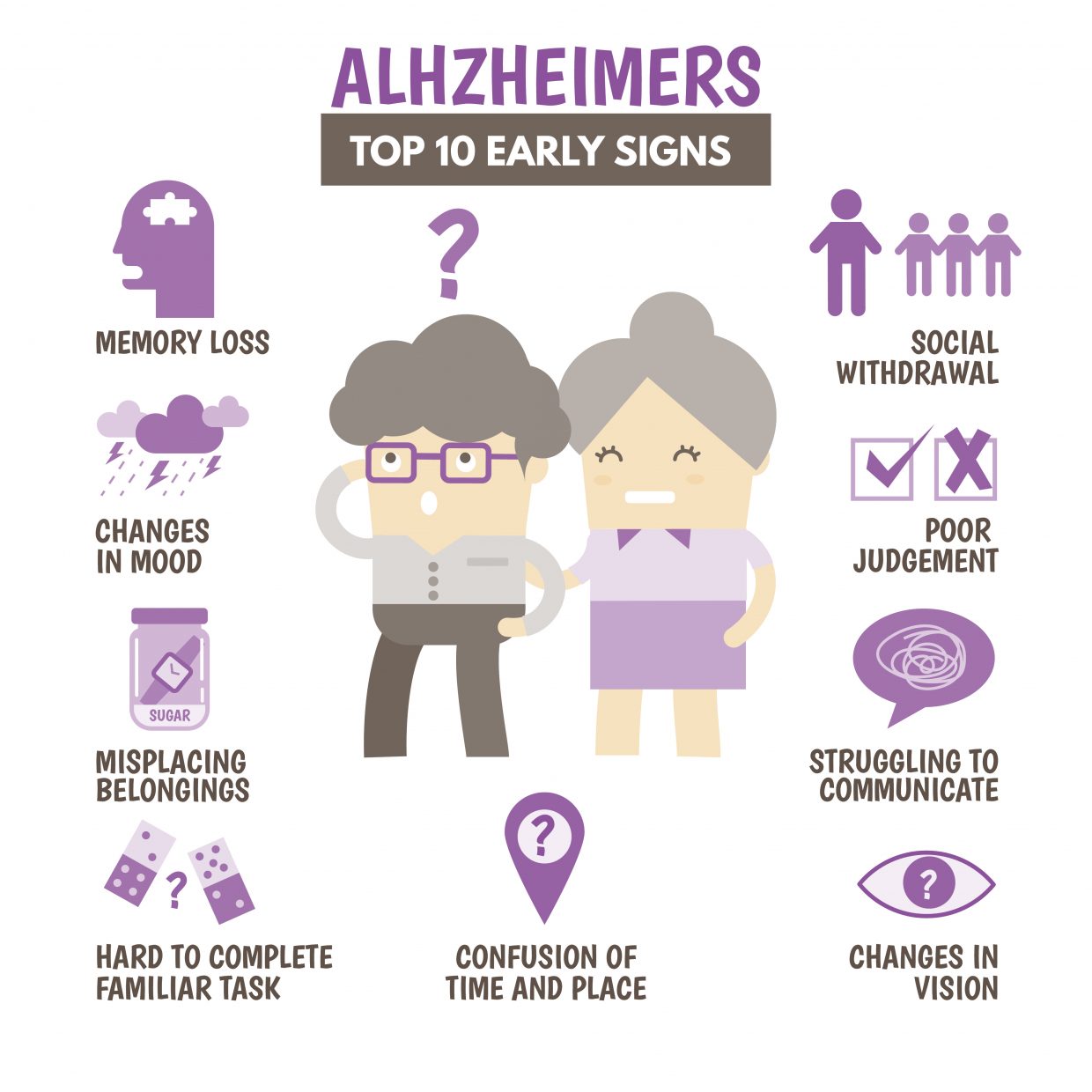Alzheimer's Awareness

Alzheimer's disease is a type of dementia that effects memory, thinking and behavior. Dementia is a general term for memory loss and other cognitive abilities serious enough to interfere with daily life. Alzheimer's is the most common form of dementia, which receives a diagnosis every 66 seconds.

My experience with Alzheimer's started many years ago with grandmother and great-grandmother receiving the diagnosis. My great-grandmother was diagnosed when I was an early teen. She was living at home alone with her adult children taking turns sitting with her throughout the day. One day she could not remember if she had turned the stove off and laid her hand on the stovetop resulting in a burned hand. At this time her adult children, my grandmother included, made the decision to place my great-grandmother in the local nursing home where she would have 24 hour supervision and care.
My grandmother was a homemaker that also did ironing for local ladies, made hand-sewn quilts, and was very involved in her church and women's ministry. She presented with symptoms of Alzheimer's several years prior to being diagnosed. She had memory loss that progressed as the years passed. This led her to being unable to cook, perform her ironing, and making her quilts. As the disease progressed in her, her mood changed and behaviors toward my grandfather were noticed. There were many times my grandfather called upon y father for help with my grandmother, as she seemed to only have these behaviors with my grandfather. In late 2015 my grandfather suddenly became ill and passed in 2016. Many family members took time to care for my grandmother until her placement in the local nursing home. There she enjoyed church services, singing hymns and visits from family. When anyone in the family visited she would look at them, smile with her sweet smile and say "I don't know your name, but I know you are mine". That was always enough for me, and made my day. My grandmother continued to show normal declines related to Alzheimer's until her passing in 2020.
Both my great-grandmother and grandmother were able to stay home with supervision, care and assistance in the early stages of their disease. I am very thankful for the care provided to them both during their years in the local nursing home.
When the time comes that you are no longer able to provide care for our loved one, know that you are not alone and there are many resources available. If you or a loved one have a diagnosis of Alzheimer's I encourage you to reach out for assistance whether that be to a family member, local agency, support group, church, doctor or your local nursing home for further care.
TIPS FOR CARING WITH AN INDIVIDUAL WITH ALZHEIMER'S
- Provide consistency in daily routine.
- Take into consideration their best functioning time of day when trying to complete care, tasks, or activities.
- Provide simple, short communication when communicating and in completing tasks.
- Allow time to complete tasks on their own and maintain as much independence as possible.
- The technique that was effective in redirecting or keeping their attention at this moment or day, may not work at another moment or day.
- Their likes/dislikes, mood and personality may change as their disease progresses.
- Do meaningful activities together.
- As a caregiver, take care of yourself and utilize your support system.
- When the time comes that you can no longer care for your loved one at home, reach out to your local long-term care facility for 24/7 care.
Sources: www.alz.org